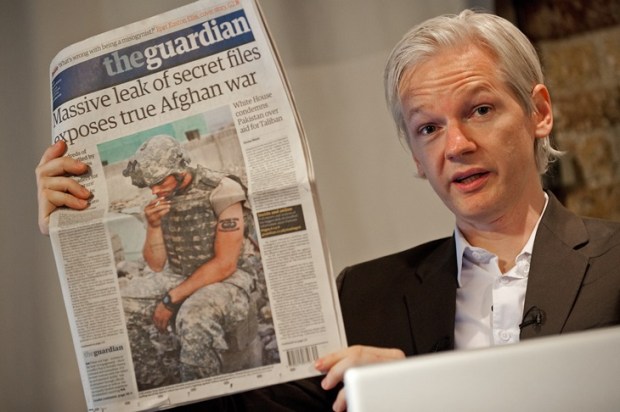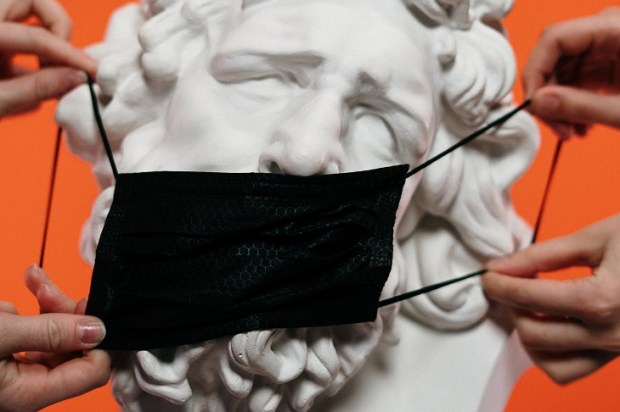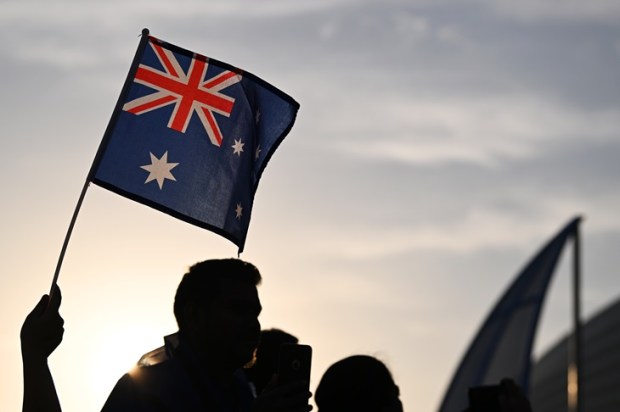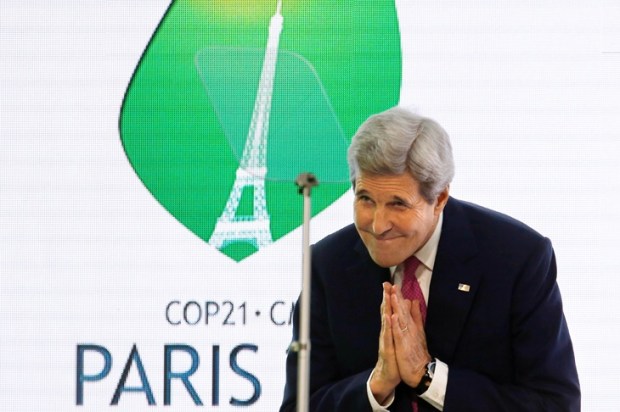Michael Mansell, an Aboriginal Elder from the Aboriginal Land council Tasmania and secretary of the independence movement The Aboriginal Provisional Government, has called for a ban on the playing of all sport on Australia Day:
‘Sporting bodies have a responsibility to take the lead. They shouldn’t be playing on January 26, any sport, they should get rid of the day.
Already a subscriber? Log in
Subscribe for just $2 a week
Try a month of The Spectator Australia absolutely free and without commitment. Not only that but – if you choose to continue – you’ll pay just $2 a week for your first year.
- Unlimited access to spectator.com.au and app
- The weekly edition on the Spectator Australia app
- Spectator podcasts and newsletters
- Full access to spectator.co.uk
Or


























Comments
Don't miss out
Join the conversation with other Spectator Australia readers. Subscribe to leave a comment.
SUBSCRIBEAlready a subscriber? Log in